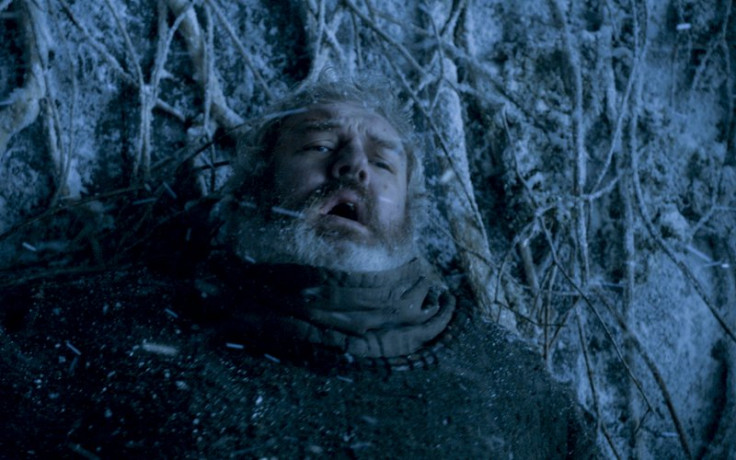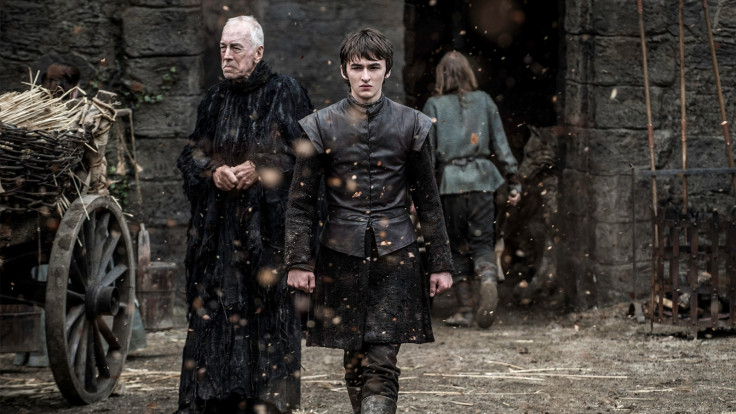Game of Thrones: Bran, Hodor and the theoretical physics of time travel

Bran Stark's time travelling in Game of Thrones has thrown up major questions about his role in the series. Up until the episode 'The Door', he appeared merely as an observer during his visions with the Three-Eyed Raven (he tried to call to a young Ned Stark, but was not seen/heard). However, in the latest episode, he appears to directly influence events in the past – causing confusion about the concept of time travel and what it means for the programme.
In The Door, Bran makes the silly mistake of unsupervised greenseeing. He inadvertently lets the White Walkers know his location and they set upon the cave he is in with an army of the dead. As they attack, Bran and the Three-Eyed Raven are back in time observing Winterfell decades earlier. This leaves Hodor, Meera Reed and the Children of the Forest trying to hold them off and escape.
While in the vision of Winterfell, Bran hears the commotion, creating a bridge between the past and the present. He hears instructions from Meera to 'hold the door' and somehow Bran manages to connect young Hodor (Wylis) and older Hodor. Young hodor has a seizure crying out hold the door over and over as present-day Hodor holds the door and dies doing so. As a result of the trauma, young Hodor's mind is wiped, leaving him with only the ability to say 'Hodor'.
And herein comes the time travel troubles. In an interview with Tech Insider, theoretical physicist Sean Carroll, who studies time at Caltech, said the whole episode was pretty complicated. "It's complete and utter craziness," he said. "Bran is in two places at one time, or rather, two times at the same time ... The short way of saying this is, he didn't change the past, he affected the past. There's only one past, and only one Hodor that had that seizure."
Carroll said that what Bran effectively created was a closed time loop. The past was always the past and was not changed because everything that had happened had already happened before. Bran did not alter anything, merely he acted in the same way in a consistent loop.

And the concept of consistency is key. "Interestingly, once you allow time travel into your universe, rather than saying everything that happens has as source. You're asking that everything is consistent, and that everything is actually information circling around in time without a source."
Bran did not change events in the past (in relation to Hodor). "[Bran] has free will in the sense that, if you don't know what's going to happen, you have a choice. But after it happened, no one has free will," Carroll said. "From a physicist perspective, you have free will to the extent that you can make choices. But in the sense that those choices need to be consistent, you do not."
But this does not necessarily mean Bran's time travelling is over, or that there is a consistent casual loop in future (or past) events in the made-up world of Westeros.
© Copyright IBTimes 2025. All rights reserved.






















